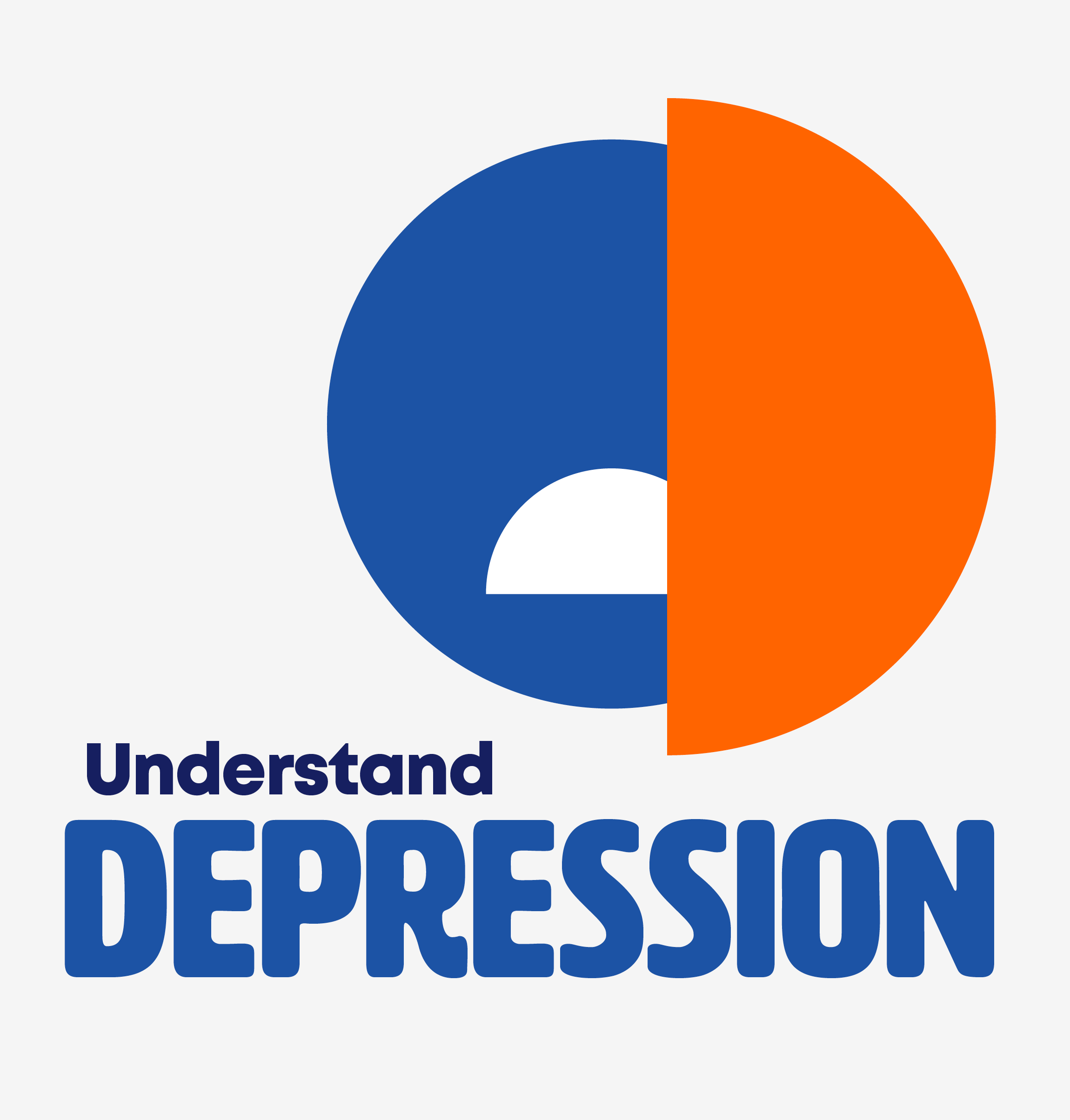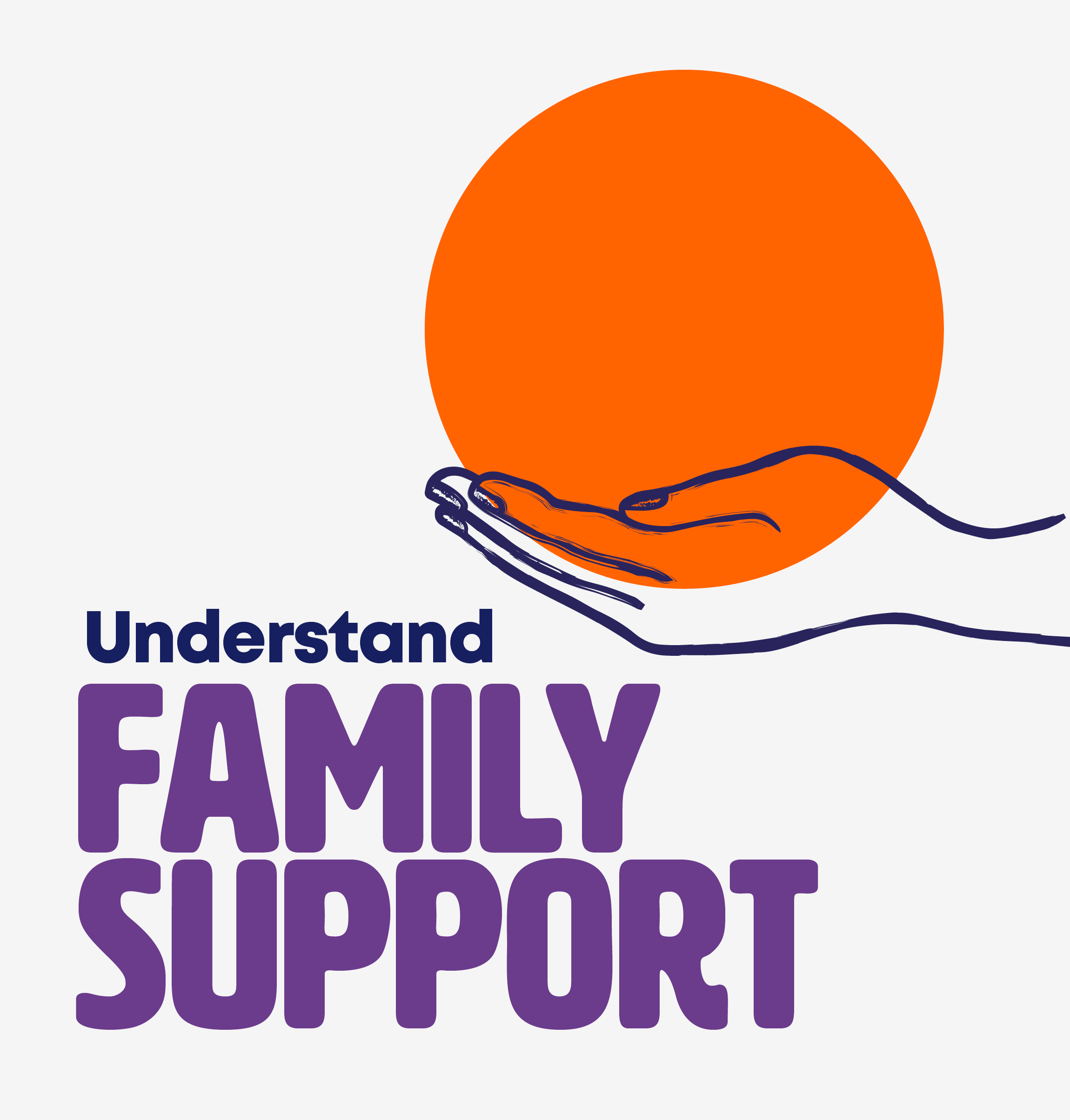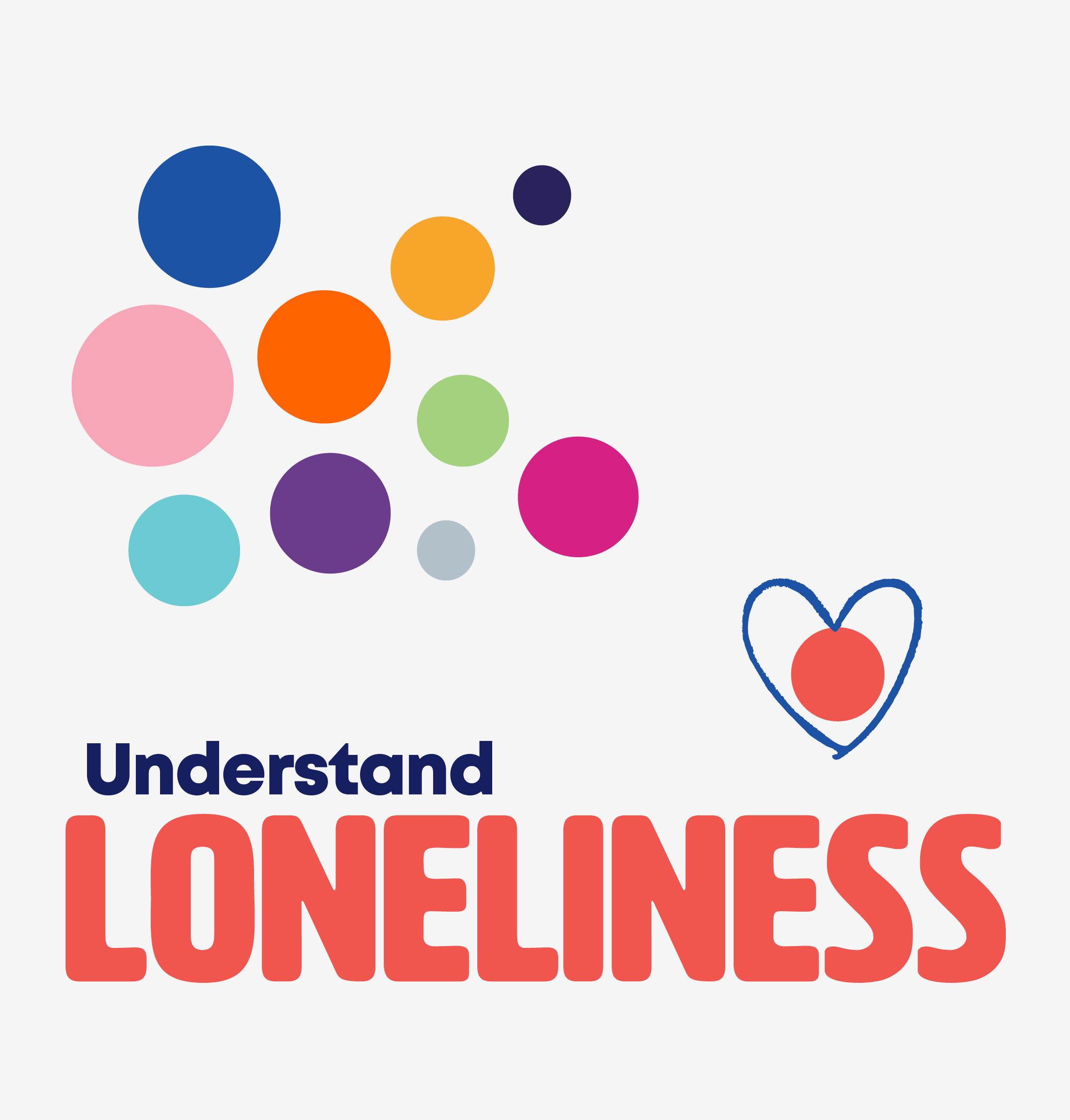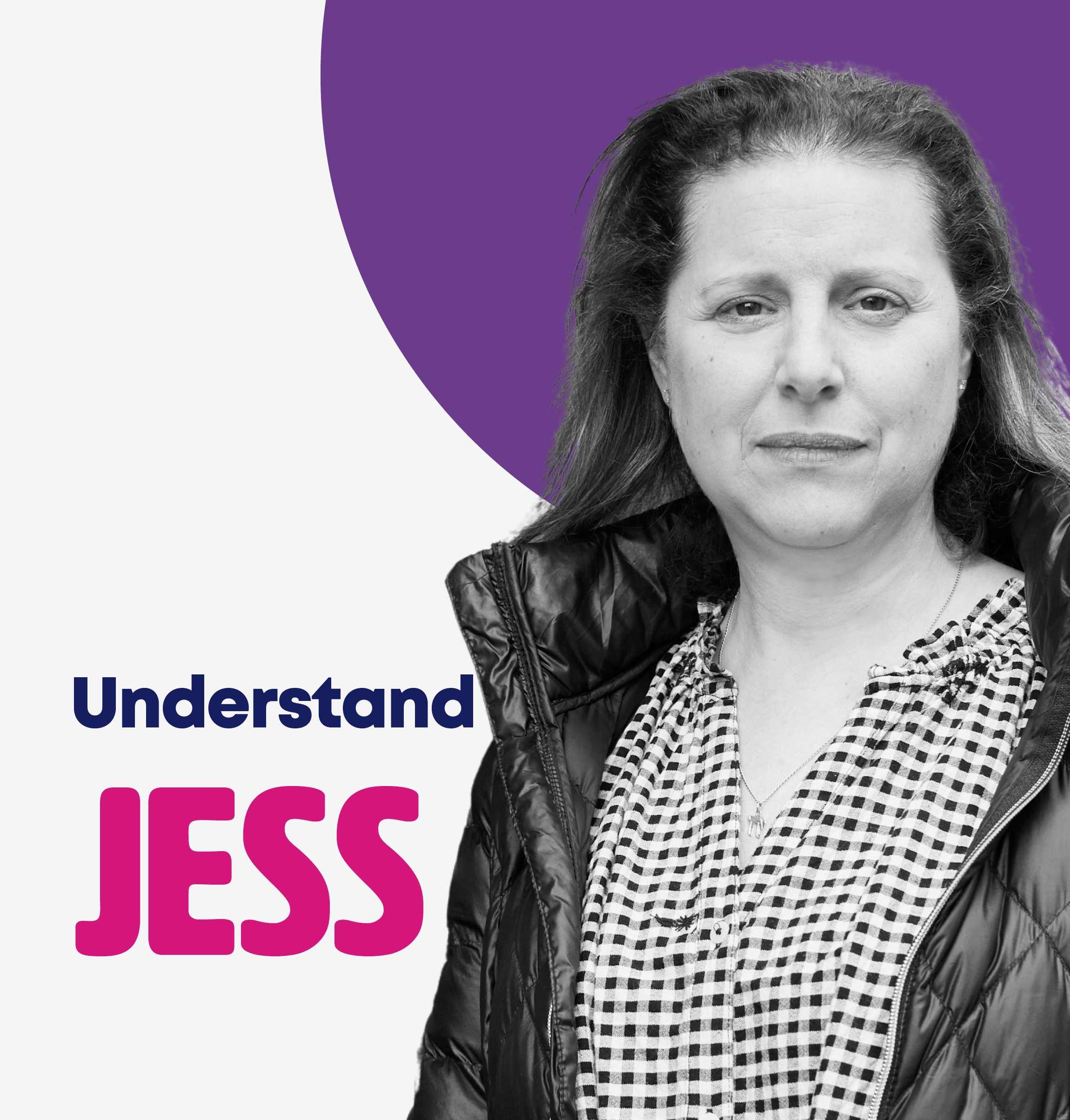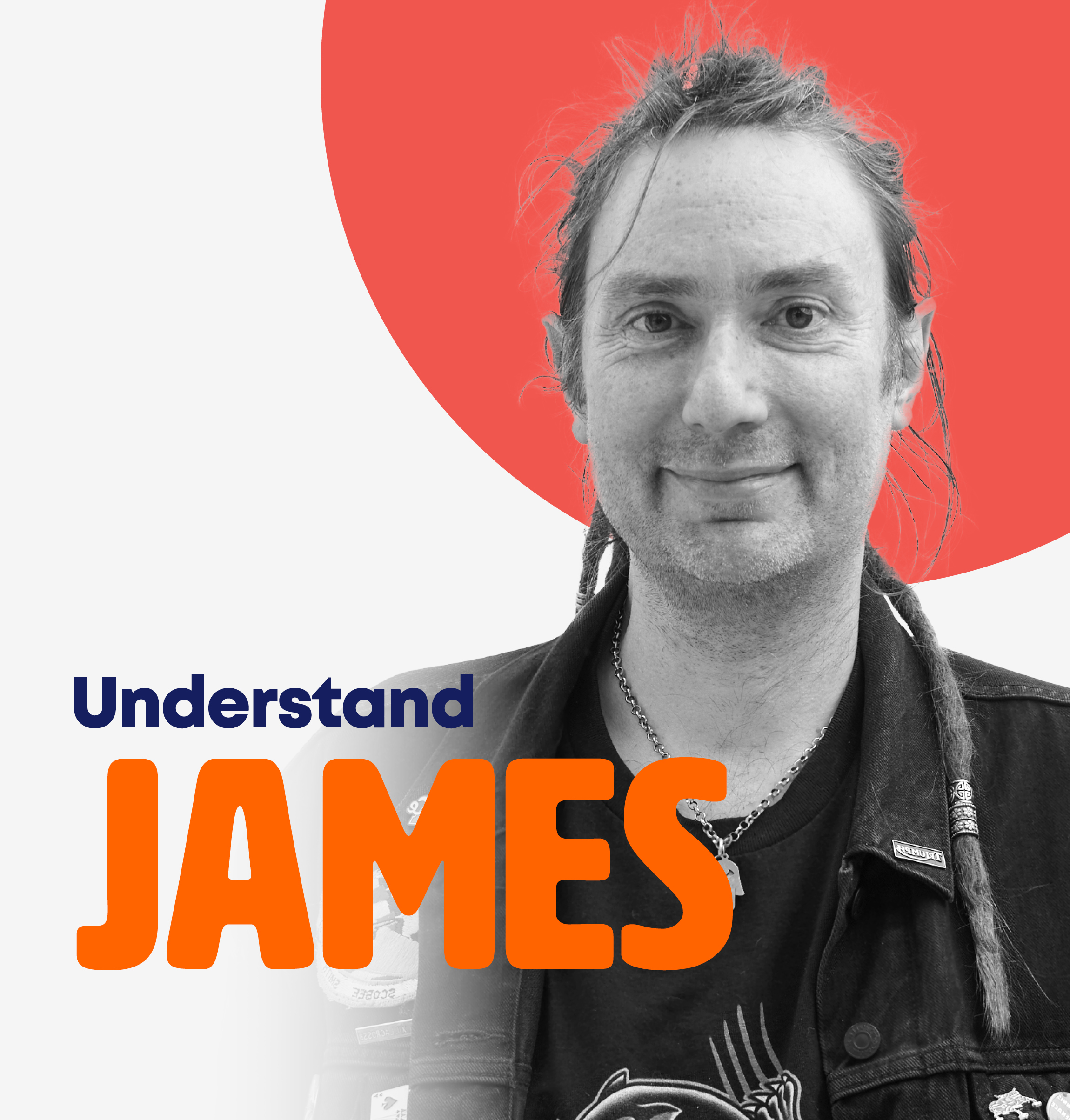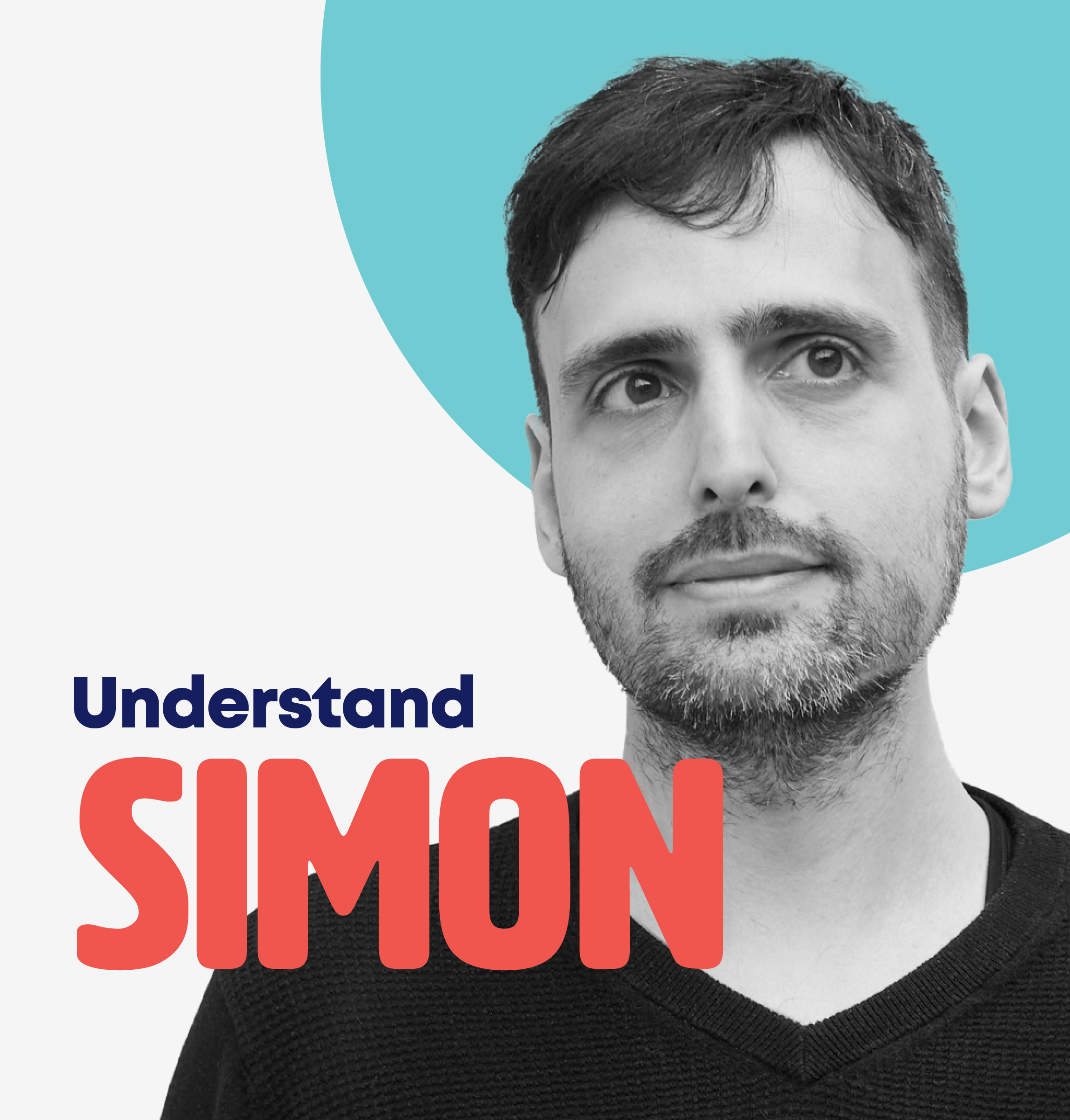
Young people with mental health problems can have issues at home and school. Jami ensures the right support for their needs.
In the last three years, the likelihood of young people having a mental health condition has increased by 50 per cent. Now, five children in a classroom of 30 are likely to have one. That’s one in six children in England.
Good mental health allows children to think clearly, develop socially and learn new skills. Children with mental health problems can have issues at home, in school, and in forming friendships. Mental health issues can also interfere with a child’s healthy development, causing problems that can continue into adulthood, which is why early diagnosis and treatment is so important. Prompt access to appropriate support is crucial for children and young people experiencing mental health difficulties to maximise their chances for a healthy and happy life.
What to look out for
But how do you know when to seek professional help? Every child feels low, anxious or angry at times. These emotions may only become a cause for concern when these changes last for a long time or seriously affect their behaviour. Some of the most prominent signs that a child is really struggling are excessive weight change, disturbed sleep patterns, tearfulness, little energy, irritability, increasing social isolation or showing little pleasure in activities they used to enjoy. Challenging behaviour can also be a sign that a child is feeling very anxious. As testing as that may be, it could be their way of communicating that they’re not OK.
For older children, it can sometimes be difficult to recognise what “normal” adolescent behaviour is and what it is not. Indeed, the line between having a mental health problem and just being a teenager is a very fine one. However, depression and anxiety, low self-esteem and confidence, body image issues and disordered eating, are all traits to look out for.
Abigail Swerdlow, specialist registrar in child and adolescent psychiatry at the Tavistock and Portman NHS Foundation Trust, and trustee and co-chair of Jami’s clinical governance committee, says: “We have seen over the past few years that there has been a significant increase in children experiencing mental health difficulties and subsequently there has been a surge in the number of referrals to CAMHS (Child and Adolescent Mental Health Services). Waiting lists for these services and for specialised assessments and interventions are growing.”
A mental health service specifically for young people
To address the increasing need for mental health support for secondary-aged schoolchildren, Jami set up its Children and Young Person’s (CYP) service in early 2022. Through a dedicated multi-skilled team, comprising social workers, mental health practitioners and mental health support workers, we offer services geared specifically to 11–25-year-olds, including tailored one-to-one support to help them manage their symptoms, develop coping strategies, boost their self-esteem and establish routine and structure in their lives. The service also offers wellbeing support, ongoing assessments to ensure young people receive the most appropriate support for their needs, assistance to help them access further support in the community, and support for parents or carers to liaise with the young person’s school and other people involved in their life, such as their GP. Maneesha Pathmarajah, Senior Mental Health CYP; Carer & Family Services Manager, says: “If support is offered at an early age, this might mean that chronic support won’t be needed when that young person reaches adulthood.”
Supporting young people ourselves
In the meantime, parents and carers can also make a positive difference. Because young people’s mental health suffers the most when they’re suffering in silence, we need to encourage them to share their worries with us or another adult, such as a relative, family friend or teacher, without judgement or fear. That’s not always easy and they may struggle to speak freely with us. But just letting them know that we can hear they’re going through something difficult, and they’re not alone, is a comforting place to start.
